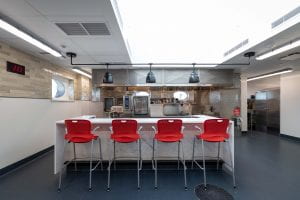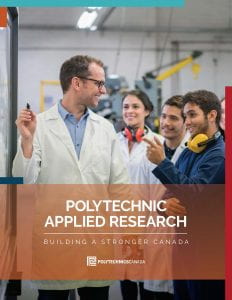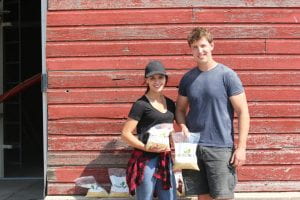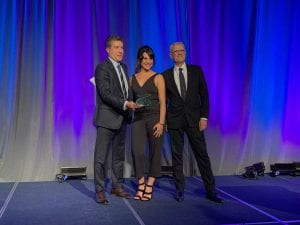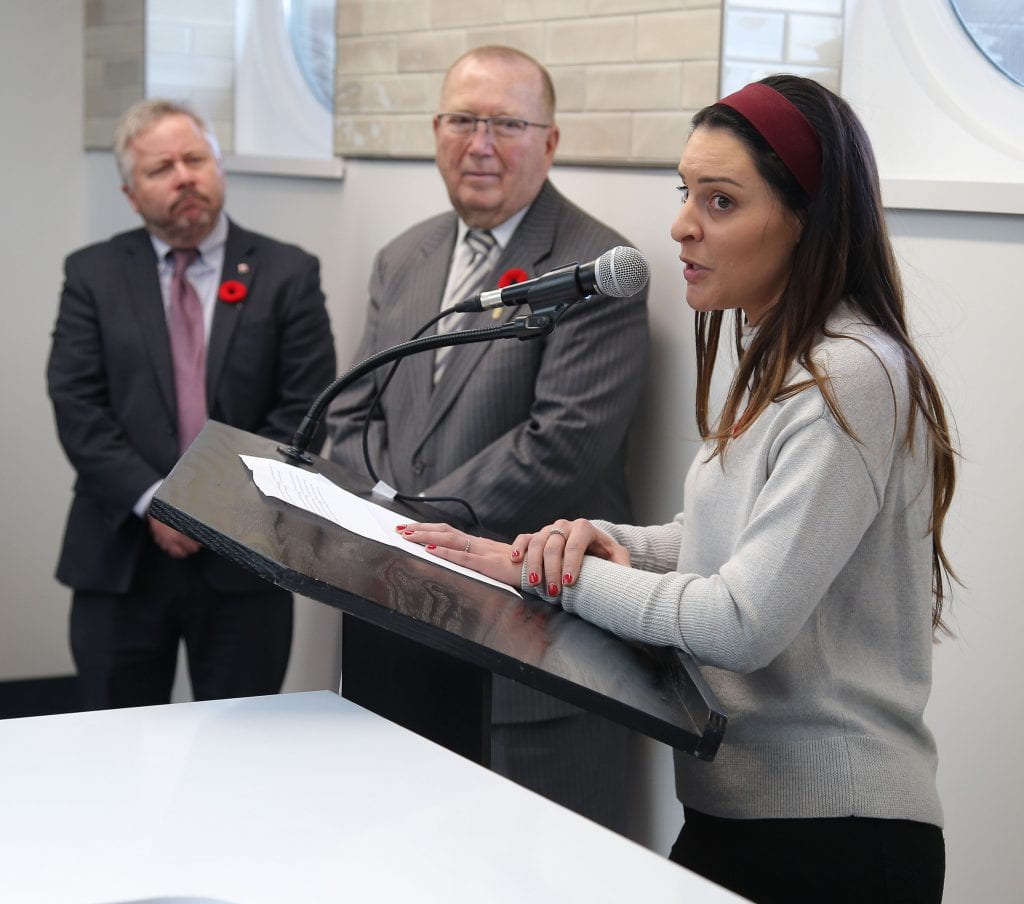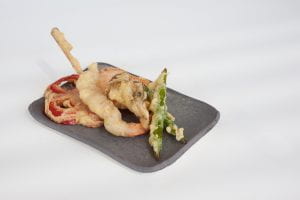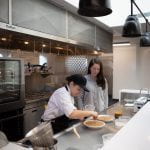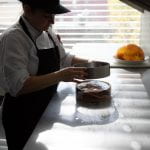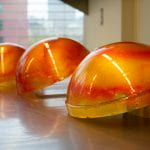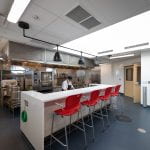NSERC announces funding for science communications skills
The Natural Sciences and Engineering Research Council of Canada (NSERC) is launching a pilot funding opportunity to enhance the communications skills of students and researchers in the natural sciences and engineering. Such skills will contribute to science literacy, help counter science-related misinformation, and foster a role for science in evidence-based decision making.
The new pilot program, Science Communication Skills grant (pilot), is targeted at organizations that provide science communication skills training to STEM (science, technology, engineering and math) students, fellows, and faculty from Canadian post-secondary institutions. The training should have as its goal the effective communication of science to the general public. Organizations may request up to $20,000 in funding for a one year period.
NSERC encourages organizations to consider the needs of official language minority communities in their area while developing their proposed activities and to have official documentation and promotional material in both official languages.
Applications must be submitted by May 15.
Program contact: promoscience@nserc-crsng.gc.ca


